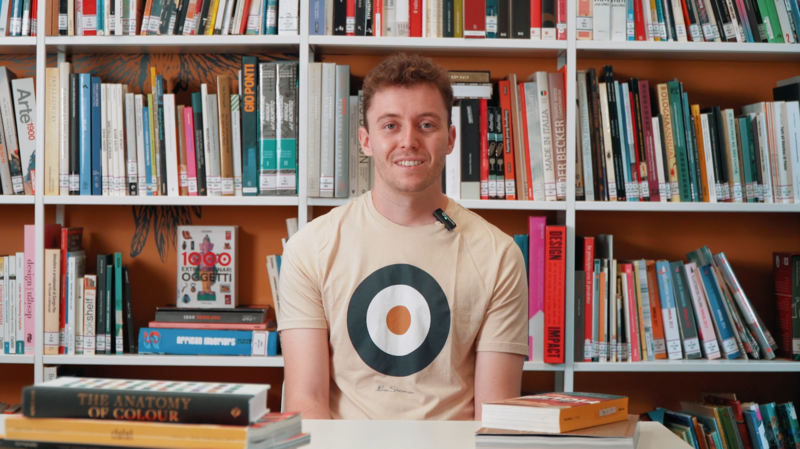
MoVa34
Arvid De Groote's thesis project for Città Metropolitana di Torino
Academic year
2023-2024
The thesis highlights how current sustainable mobility solutions, primarily designed for cities, leave people living in low-density areas still heavily dependent on private means of transportation. The research focuses on a valley near Turin, proposing several innovative solutions to address these challenges:
- The creation of a high-frequency autonomous metro system to leverage the existing rail infrastructure, thereby improving accessibility and facilitating the use of public transport for those without a car.
- The restoration of essential services in villages, which are facing depopulation and an aging population, through both physical and digital mobility solutions.
- Using tourism as a driver to develop new mobility solutions, inspired by the Slow Food movement, by introducing slow travel routes, mobile checkpoints, and e-bike parking to allow tourists to explore the valley sustainably and reduce traffic in inhabited centers.
Recently, the Metropolitan City of Turin published the Urban Plan for Sustainable Mobility (PUMS), a document outlining ambitious future goals for developing and organising mobility in the region. While the objectives to be achieved by 2030 may be clear at a general level, the path to achieving them is much less defined. Thanks to the technical and territorial analysis from the Links Foundation, valuable insights were obtained into the current state of mobility in the region and all ongoing projects. The theses in Transdisciplinary Design analyze these future mobility goals through a transdisciplinary lens to unveil innovative opportunities and the potential to achieve them.
Thesis Supervisor: Wouter Haspeslagh
Assistant Supervisor: Lowie Vermeersch, Michael Kaethler
